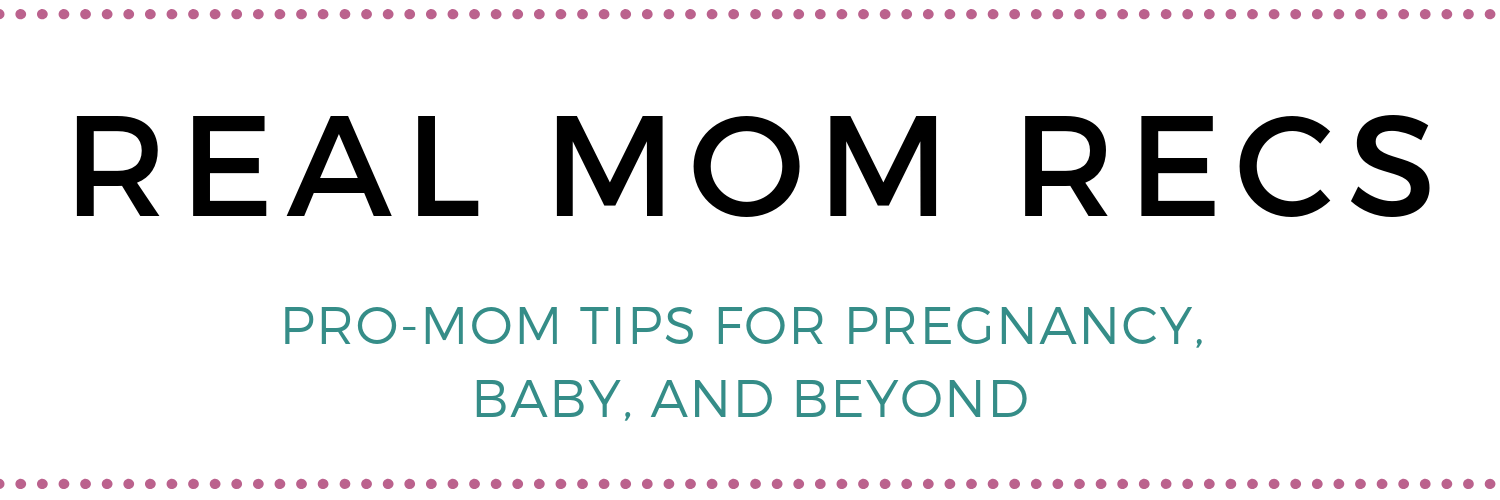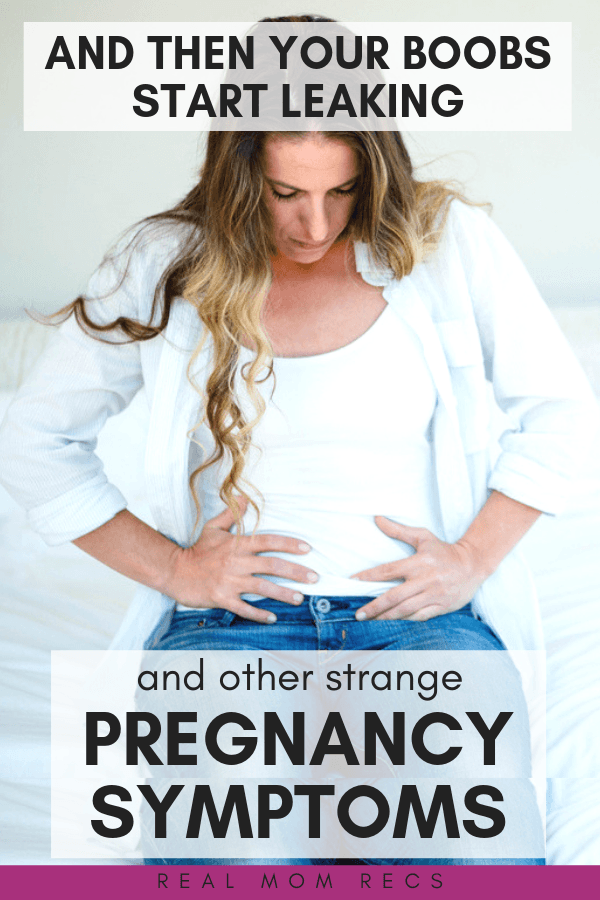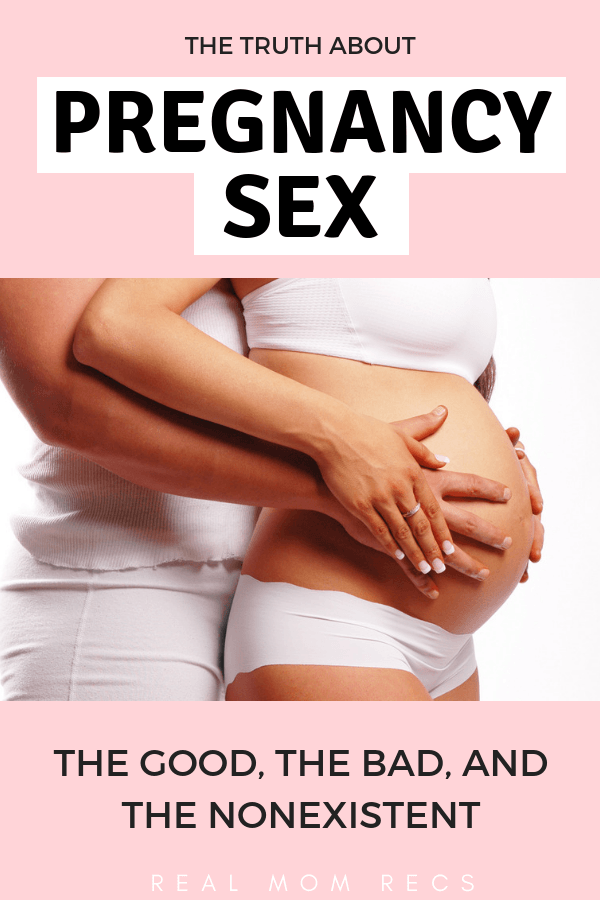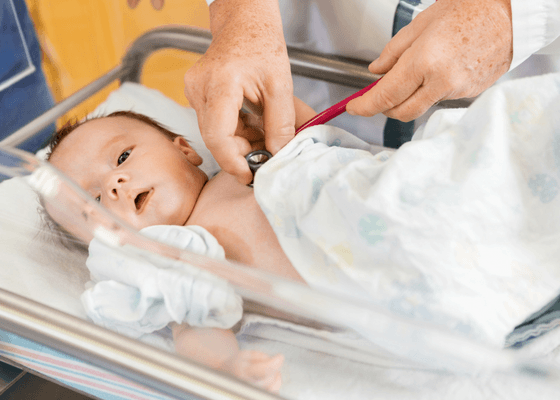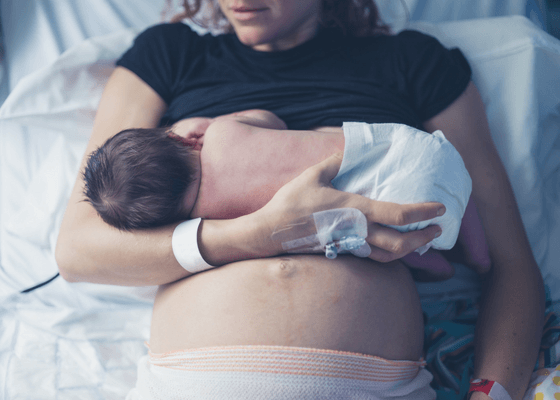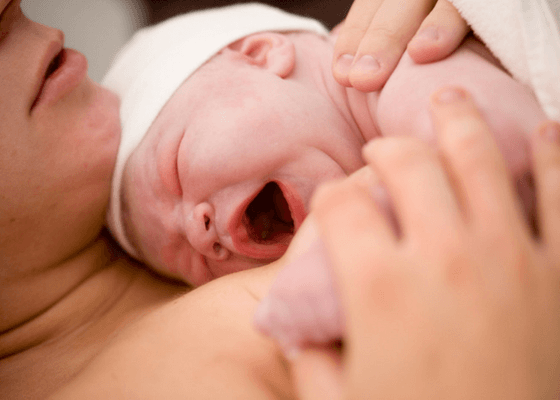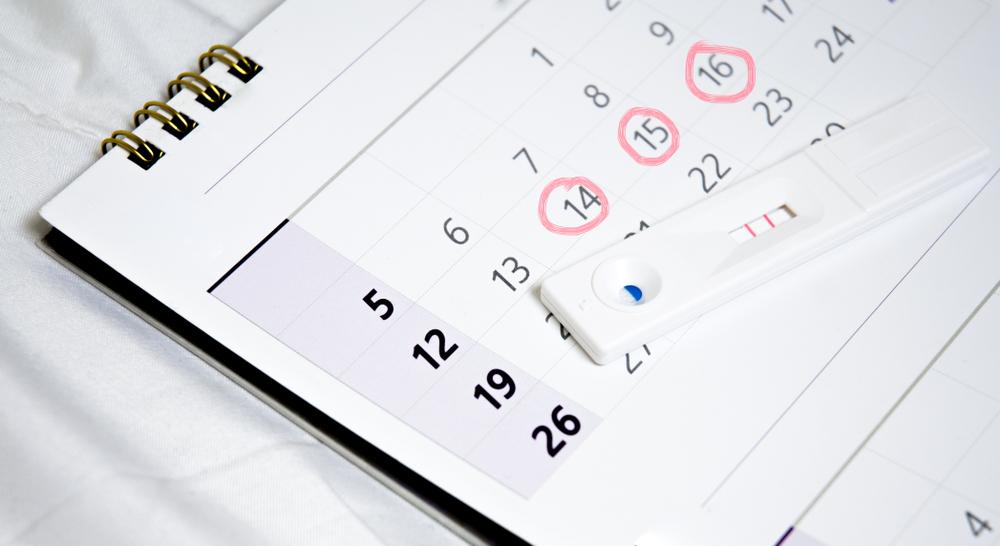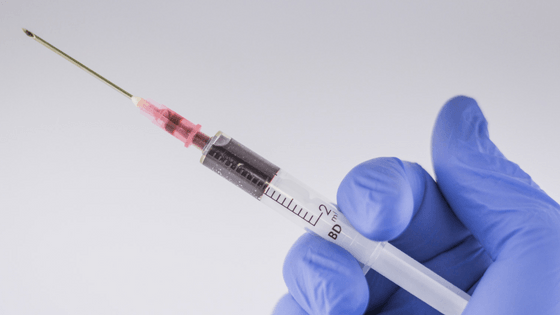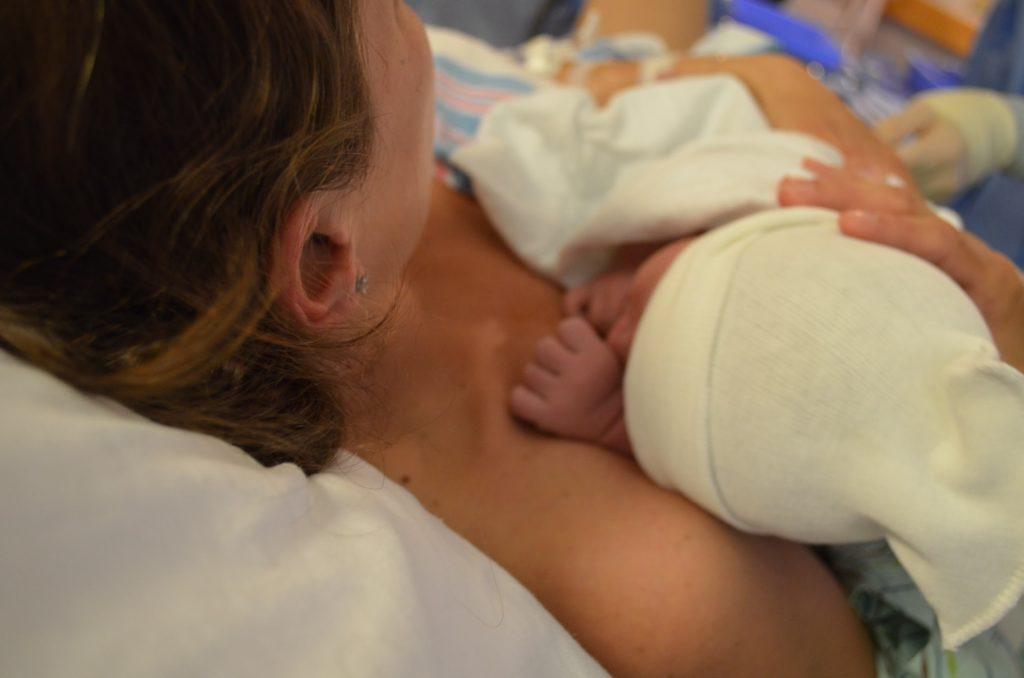When I first got pregnant, I thought I had a pretty good knowledge of the whole pregnancy experience. Bring on the luscious thick hair and fast growing nails! Cravings? Vivid dreams? Sounds cool! But reading all the “What to Expect” books didn’t adequately prepare me for strange pregnancy symptoms to come.
I quickly realized there were some MAJOR side effects to this miracle of life thing that the books just left out! Luckily, I had two close friends who were pregnant at the same time as I was, and we were nearly constantly texting each other with crazy questions (and sometimes horrifying pictures) about bizarre pregnancy symptoms. You know it’s a friendship for life when you can compare mucus plugs in complete seriousness.
So I’m here with some of the most bothersome, strange pregnancy symptoms that the books did not prepare us for. You’re welcome. And I’m sorry.
And if you want to be prepared without overspending, read my list of The Only Things You Really Need While Pregnant.
SO MANY BOOB CHANGES
One of the first symptoms I noticed that alerted me I was pregnant was that my “headlights” had come on and absolutely refused to shut off. No matter how warm or cold I was, my nipples had accepted the call to become ever vigilant lighthouse beacons. I could have easily diverted ships from rocky shores my entire first trimester!
Just to make this even more noticeable, my nipples darkened in color seemingly overnight. They say this is to help the baby find them more easily, but that doesn’t explain why it happens so early in pregnancy.
Then they started to hurt. “Breast tenderness” is basically a cute, clinical way to describe howling in the shower, attempting to shield your entire chest from the sudden onslaught of what HAS to be hot razor blades raining down from the showerhead. Even your comfiest bra becomes a medieval torture device.
This is also about the time that your boobs will start perking up and rounding out, so you’ll find you need to shop for new bras every couple months. You might be tempted to go braless to save money, but you’ll need something to hold your leak pads. And as the title suggest, there’s gonna be leaking.
If you’re lucky, it’ll wait till after your baby is born. But for a percentage of women, your breasts can start producing a thin, watery substance late in pregnancy. Not enough to feed a voracious newborn, but definitely enough to ruin a silk shirt. In a work meeting. Not that I’d know.
Buy the breast pads.
IF I DIDN’T DRINK, WHY DO I FEEL HUNGOVER?
The most unjust of all the strange pregnancy symptoms, every day of the first trimester feels like you were on a bender the night before. Queasiness/vomiting, scrambled-eggs for brains, irritable, exhausted and just want to spend the day in bed… seems like a horrible hangover to me. Except it’s every day, and you didn’t even get to indulge in a drop of alcohol the night before!
Gradually towards the start of the second trimester, the nausea, headaches and fatigue should subside. Unless you have hyperemeis gravidarum, in which case the awful sickness goes on for the whole pregnancy.
A WHOLE NEW LEVEL OF HEARTBURN
Heartburn is one that you do read about in a lot of the pregnancy books. Usually the spiel goes something like, “As your uterus grows, it may put pressure on your digestive organs and cause occasional reflux.” But what the literature fails to fully explain is that pregnancy heartburn is not even in the same universe of pain as late night chili heartburn.
Pregnancy heartburn is swallowing 1,000 flaming swords, binding your ribcage with piranhas, and lighting your upper GI tract on fire. Regardless of what you ate. Chili? Fried food? A banana? Dry toast? Doesn’t matter. You’re on fire, and there’s no extinguisher. Even better? Pregnancy heartburn doesn’t always wait for your uterus to expand enough to put pressure on anything!
For my first pregnancy, I had intense, nearly constant stabbing heartburn that started 2 weeks after my missed period! Seriously, it lasted from week 6 until week 39 when my precious internal arsonist was finally born.
Very little helped the heartburn, but it did, thankfully, vanish just as quickly as it came. I celebrated by eating about 15 lbs of fried chicken and french fries in the hospital. I didn’t have it nearly as bad during my second pregnancy, but what blessedly brief spells of flaming guts I did endure with #2 were still beyond anything heartburn related I’ve ever experienced outside of pregnancy.
I hope you like the taste of chewable Tums.
AM I GOING CRAZY OR ARE THESE PREGNANCY FEELINGS?
The hormonal changes of pregnancy are another symptom that’s just really not explained well to most women. Tiredness, irritability, or moodiness are commonly listed side effects of growing a person, but those words don’t even scratch the surface of the irrational crazy that lurks inside of a pregnant brain, just waiting to bust out on an unsuspecting spouse. Or stranger in the grocery store.
Until week 7-8 of my first pregnancy, I hated my husband with an irrational passion that was only slightly eclipsed by his willingness to give me food. Luckily, he kept bringing snacks until I loved him again, sometime around weeks 9-10.
Later on, I was the weepiest weeper that ever wept. I’m fairly certain Sarah McLachlan and her heartbreaking ASPCA commercials kept Kleenex in business that year.
At the beginning of my second pregnancy, I got absolutely furious at my husband for complimenting me. I opened my mouth to bite his head off, realized what was going on, burst out laughing and said instead, “Dude. I’m so pregnant!” In that moment, the crazy vanished nearly immediately!
Unfortunately, it was replaced with crippling, could not sleep, recurrent night terrors anxiety. I guess my hormones decided since they’d failed to convince me to off my husband, they’d just torment me with visions of all the ways he, my babies, and I could die accidentally. Spoiler alert: there are a lot of them.
My close friend regularly struggles with anxiety and compulsive thoughts and just had her first bundle of joy. I warned her very early on about the pregnancy crazy and the prenatal and postpartum anxiety I dealt with. She was all geared up to have a similar experience, but instead she sailed through her hormone disruption with barely a tear shed.
It makes no sense. It has no consistency. You aren’t going crazy. But you’ll feel like it, and you might actually drive everyone around you nuts before it’s over.
BABY KARATE
We spend a lot of time in the first trimester wishing to feel those first flutters of new life stirring. In the beginning weeks of the second trimester, we listen inwardly, trying in vain to determine if that internal stirring was a baby nudge or a gut bubble. Adoring smiles, caressing the bump, it’s basically a scene straight from a sappy commercial!
Then the third trimester happens. And suddenly adoring smiles are consumed in grimaces of absolute pain as an impossibly accurate foot finds your always full bladder with agonizing accuracy. In short, those sweet little baby kicks HURT. In fact, the last few months of pregnancy take you from counting movements to practically dreading them.
Baby’s leg constantly wedged underneath my ribcage. Baby fists pummel your kidneys. Baby stretches feel like they’re going to split your skin open. Little skulls wedge themselves between your pelvis and your spinal column and then bounce with ill timed hiccups. It’s a wash of unexpected sensations, and you welcome them at the same time that you brace yourself for impact.
Pro Tip: Ice packs on any really sore spots can actually deflect baby away from them, and using a warm compress on the opposite side of your belly will usually encourage him to move around and reduce the risk of splitting his way out through your thinly stretched skin. Sometimes poking and prodding works too, but the ice/heat trick has never failed me!
I’VE GOT PAIN IN NEW PLACES
If anyone tells you that the aches and pains of pregnancy are nothing compared to labor, feel free to smack them with a What To Expect book. We expect labor to be hard, painful work, that’s why we all call it “labor!”
But even if you have the easiest pregnancy in the world, you’re going to have some pretty serious and often unexpected discomforts. Many pregnancies begin with cramping, and occasionally accompanying spotting can convince a mama she’s having a miscarriage. The cramping showed up for me all throughout the first trimester, quickly teamed up with sharp, stabbing round ligament pains.
Basically, round ligament pain is this sensation that a hot ice pick is rooting around your pelvic area willy-nilly. The ligaments (and/or scar tissue if you are pregnant after any kind of abdominal surgery or infection) stretch as the uterus grows and your other organs shift around to make room. It’s pretty scary if you aren’t expecting it, but it’s almost always normal, even in early pregnancy.
As the baby gets bigger and starts to displace things inside, other aches and pains show up. Your smooshed intestines can’t decide the best way to evacuate waste, so you spend a lot of time either racing to the toilet, or sitting on it waiting for the festivities to begin. Your pelvis decides that it needs to expand to a size reminiscent of an airplane hangar. Your spine is pulled forward by your blooming belly. Your hands and feet can swell to unrecognizable proportions regardless of salt intake. You might even get headaches from posture related tension or hormone fluctuations.
The worst pain, towards the end, was the shooting, stabbing pain of sciatic nerve pain. I would be walking along like normal and then JUMP like something had come up from the ground and bit me. It was a sudden excruciating nerve pain in my back that shot all the way down my leg. Regular trips to the chiropractor helped some, but I mostly just had to deal with it until the baby was born and then it never showed its face again.
The most frustrating part of all the aches and pains is being torn between worrying that something is wrong and worrying you’ll look foolish for thinking something is wrong when it isn’t. Consider this blanket permission to ask your healthcare provider about anything that seems out of the ordinary. It is probably fine though, because basically everything IS going to hurt at some point.
NOBODY UNDERSTANDS ME
The books also don’t prepare you for negative responses to whatever crazy thing you are dealing with in your pregnancy. Dismissive comments are usually meant to be comforting, but often only downplay and demean legitimate and worrisome concerns. Yeah, labor is going to suck, but telling a pregnant mama that a particular symptom is “nothing compared to labor” is useless. Frankly, sometimes the parts leading up to labor can suck just as bad!
IS THERE NO END TO THE POSSIBLE STRANGE PREGNANCY SYMPTOMS?
These were the worst of my personal symptoms, but there are so many more you could experience. Your eyes change shape and affects your vision. Your foot bones spread and change your shoe size. You could be gassy, itchy, barfy, rashy, smelly, or dischargey. Almost anything is possible when your body gets taken over by a tiny human alien.
Not surprisingly, your sex life will also be affected in every possible way during pregnancy. This post is a realistic view of the stages of pregnancy sex.
It’s OK if you don’t enjoy pregnancy
Do not feel guilty about acknowledging the parts of your pregnancy that aren’t sunshine and roses. If you suddenly have the worst dragon breath known to man, horrifically swollen, sweaty, and smelly feet, and stretch marks that itch you nearly to insanity, you aren’t weird and you aren’t alone.
Most importantly, remind yourself that your enjoyment of the process of pregnancy has nothing to do with your love and excitement for your unborn baby. You are not ungrateful, uncaring, or a bad mom if pregnancy feels like a really not fun out of body experience. And you aren’t a bad mom either if you sail through gestation with dry, perky boobs and no stretch marks! (Though, we might hate you a little when you share your good fortune during the Mama Horror Story Swap.)
Read all the books. Ask all the questions. And buckle up. It’s going to be nothing like you expected. Welcome to parenthood.
Now the you know what to really expect during pregnancy, read up on the answers to all your dumb birth questions and what it’s actually like after giving birth!
